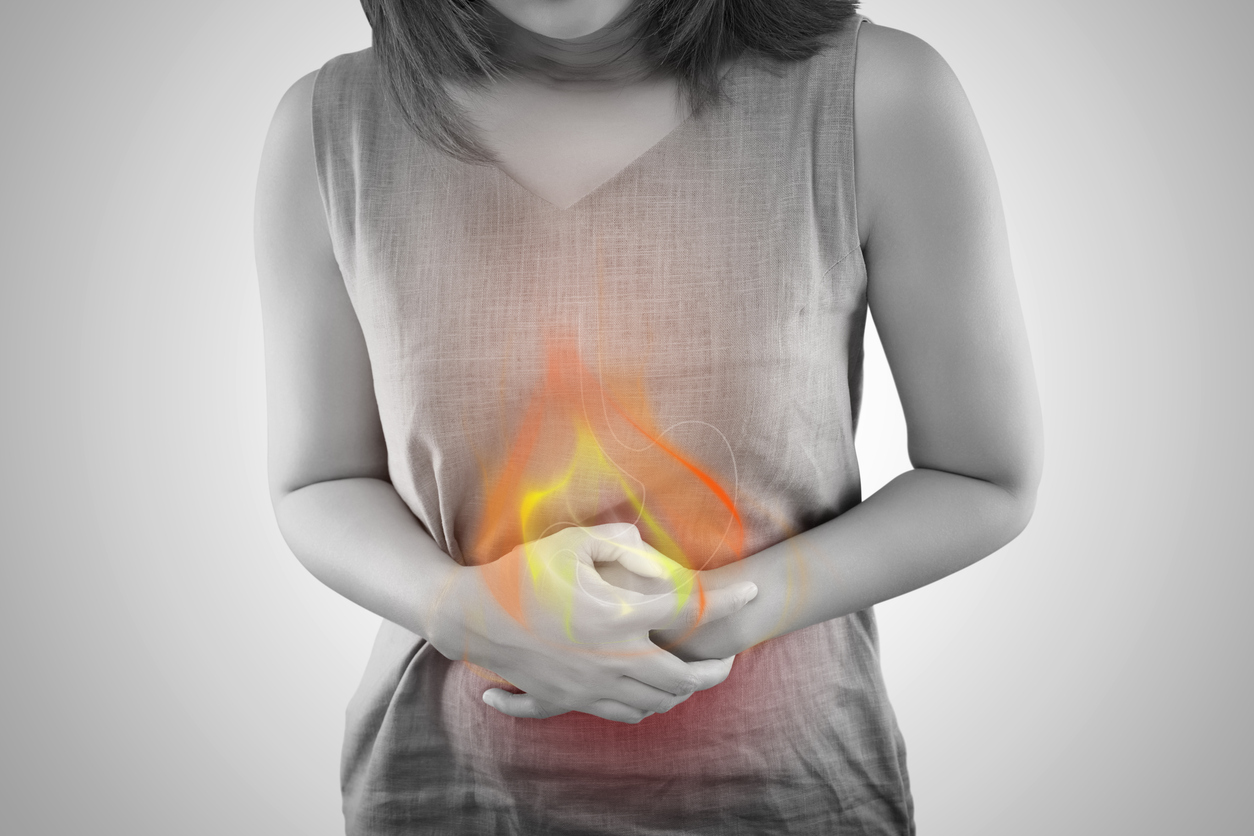Being diagnosed with a chronic condition such as PCOS can be overwhelming, especially when you do not know how, when, or why you developed it. It can trigger feelings of anxiety and make you wonder what lies ahead in terms of treatment options, certain restrictions and routines. But – how does PCOS truly affect your quality of life?
The journey of diagnosing, treating and monitoring PCOS has faced a lot of difficulty since its symptoms present itself differently in each woman. It was first considered to be a disorder in the ovaries and hence it was termed polycystic ovary syndrome. With more research and advancing tiers of diagnostic facilities, it can now be termed as a complex hormonal and metabolic disorder.
Women with PCOS often remain undiagnosed since the symptoms of PCOS do coincide with different medical conditions of female reproductive health. As an example – consider irregular periods. Conditions such as endometriosis or fibroids, pelvic inflammation and even some medicines and lifestyle factors can cause irregular periods. Because of this overlap, differential diagnosis or diagnosis through elimination of these potential conditions is one of the ways of detecting PCOS.
Moreover, PCOS side effects or the long-term PCOS complications can lead to serious and expensive conditions such as
- diabetes,
- infertility,
- heart conditions,
- and cancer, if PCOS is not treated early on.
After years of research and documenting cases, a review literature suggests that there could be a few causes of PCOS that affect your life, and they are:
Genes associated with PCOS
You may develop PCOS if you inherit the risk for it from your family. Not only is it true for PCOS, there are other metabolic abnormalities that you might have the risk of developing if your family members have it.
However, you should know that there is no single gene that is linked to PCOS. Because of the complex nature of this chronic illness, there are multiple genes that work in a delicate manner, and abnormalities in these mechanisms can lead to the multiple symptoms we see in women with PCOS. Your genes may also malfunction and affect the levels of your hormones and cause insulin resistance.
There are many studies that confirm that insulin resistance occurs in women with PCOS, even if they do not have an increase in their weight. This can mean that weight and its fluctuations may not be the only reason behind the problem of insulin resistance in women with PCOS.
High Insulin Can Increase Risk of PCOS Complication
You may want to understand that insulin resistance means that your body is not able to send enough energy to your cells to carry out daily activities. Because of this, your insulin levels may increase so that it can send more energy to your cells and power up your body. These high levels may not be good for other parts of your body, such as your ovaries. This imbalance can cause your ovaries to stop working and the amount of male hormones (androgens) may increase in the body of a woman with PCOS. This can, in turn, stop the egg in your ovaries from ovulating properly according to its cycle.
Because of these disturbances in the menstrual cycle, women with PCOS often deal with irregular periods and ovarian cysts in addition to their other symptoms. All these imbalances have their own effect on the body, like the increase in the levels of androgens can cause hormonal acne and an increase in hair growth on the face and body (hirsutism). The insulin resistance, on the other hand, may show up as hyperpigmentation and a stubborn increase of weight in women with PCOS. These multiple symptoms may make the quality of life worse for a woman with PCOS if these are not managed properly.
One of the PCOS side effect, especially untreated insulin resistance, can lead to type 2 diabetes. Also if you are planning to start a family, it is important to first manage your insulin resistance to prevent pregnancy complications.
How Hormonal Imbalance Can Affect Body
Now, after knowing more about how insulin resistance and androgens have caused an imbalance in the body, you may think that they are responsible for only the symptoms that are listed above. In reality, these hormones are present in your blood, and interact with tissues directly around your body. That is why, you should know more about the effects it might have on your body that you may not have thought was because of PCOS. When you are a woman with PCOS, adequate care and support is a must because the risk to your body is not limited to your reproductive system. You might be more at risk of heart problems or diabetes if your PCOS is not diagnosed and managed early on in your life. A good lifestyle and better choices in health can help you overcome almost all symptoms of PCOS.
Because of how diversely PCOS affects women, the care and support that is required should also be holistic in nature. Your treatment plan should treat your metabolic, reproductive and psychological complications and reduce risks for any long-term complications.
Balance your hormones and mental health
The imbalance and abnormality in the levels of hormones such as testosterone can cause physical symptoms such as excess in hair growth (hirsutism), loss of hair (alopecia), weight gain, and stubborn acne. These symptoms can make women feel anxious and conscious about herself.
The way you look and the way you present yourself to the world is affected and is also a reason for low self-esteem. There is a constant fight within themselves about accepting their diagnosis and symptoms, and the way they are “supposed to look”.
This can affect your self-confidence, your moods and even your relationship with people, leading to an increase in the risk of getting anxiety or depression.
Not only do the physical symptoms bother a woman with PCOS, there is also an anxiety that is linked to her ability to conceive. These symptoms and limitations can deeply distress a woman with PCOS and increase the risk of getting anxiety and depression along with a few other problems such as an eating disorder or even compulsive disorders.
Although PCOS can affect your overall quality of life and PCOS side effects can increase the risk of developing complications, there are different ways in which you can bring healthier and more positive changes in your life. This can be done by trying to keep the symptoms in check and maintaining consistency while doing so.
How to prevent PCOS complications
You can prevent the long-term PCOS complications by managing your PCOS symptoms with lifestyle modifications and taking medications where required. Making lifestyle modifications include:
- Eating a well-balanced, nutritious diet that is rich in whole foods instead of processed or packaged foods
- Performing regular physical activity – usually a combination of cardio and strength that can help burn calories as well as build lean muscle mass
- Getting good quality sleep each night and following a regular sleep schedule
- Managing stress levels by praticing stress management techniques
Disclaimer: Content on Veera is provided for informational purposes only and is not intended as medical advice, or as a substitute for medical advice given by a physician



















